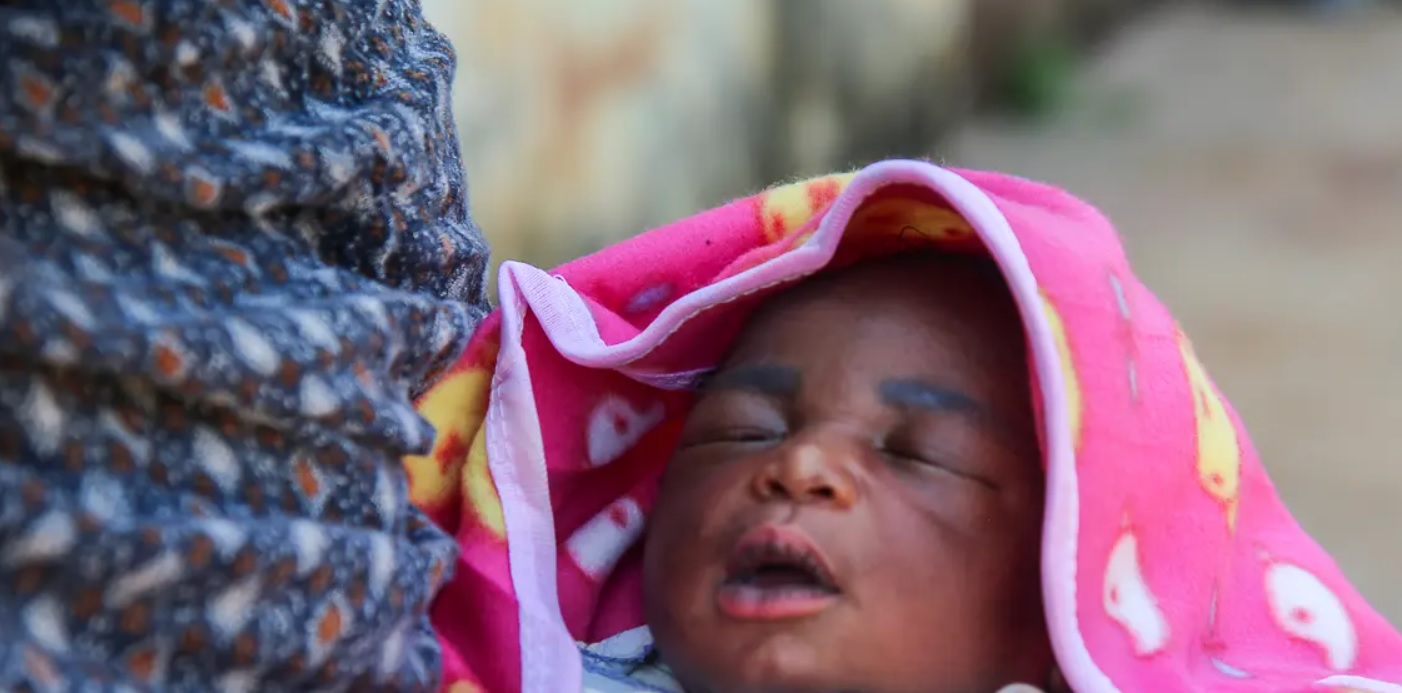
Save the Children: Famine is More Widespread Than Reported in Zamzam Camp
moatinoon
Save the Children has reported that families in Sudan are eating grass to survive amidst a growing hunger crisis, with malnutrition at famine levels in half of Sudan’s 18 states.
The extremely high rate of acute malnutrition among children under five in 19 areas across nine states is pushing communities towards famine for the first time since the war began over 18 months ago.
The organization highlighted that the famine is more severe than previously reported in the Zamzam displacement camp in western Sudan. Three recent surveys have shown that the rate of acute malnutrition among children under five exceeds 30% of the population—a critical indicator of a populations nutritional status and one of the key metrics used to assess the severity of a humanitarian crisis.
Save the Children explained that over 2 million people, around 4% of the population, are in desperate need of food to survive, with each passing day pushing them closer to death from hunger and malnutrition.
The surveys were conducted in the areas of Al-Lit, Tawisha, and Umm Keddada in North Darfur. More than half of these surveys showed that over 20% of children were suffering from acute malnutrition, with the highest rate recorded at 74.2%.
Sarah, a nutrition specialist at Save the Children in Darfur, said, "Young children—under the age of five—are suffering the most. In health facilities, I have seen children with severe wasting and medical complications like high fever, persistent vomiting, loss of appetite, and extreme lethargy. At home, mothers are running out of ways to feed their children, forcing many to resort to extreme coping mechanisms. In Tawila and Al-Fashir, people are surviving by eating boiled grass mixed with onions, peanuts, and salt."
The official declaration of famine in the camp, which shelters around half a million people, marks the third time a famine has been declared since the international famine monitoring system was established 20 years ago.
Mohamed Abdel Latif, Save the Children’s interim country director in Sudan, stated, "Sudanese children are surviving bombs and bullets only to face the threat of death from hunger and disease."
He added, "The rising rates of acute malnutrition are the final warning that young children will bear the highest cost of this conflict—through hunger, illness, and possibly death... Immediate action must be taken to reverse this situation."
He called on the international community to take urgent political action, implement an immediate ceasefire, make tangible progress towards a lasting peace agreement, and increase funding to support much-needed food and nutrition aid for millions of children at risk.

